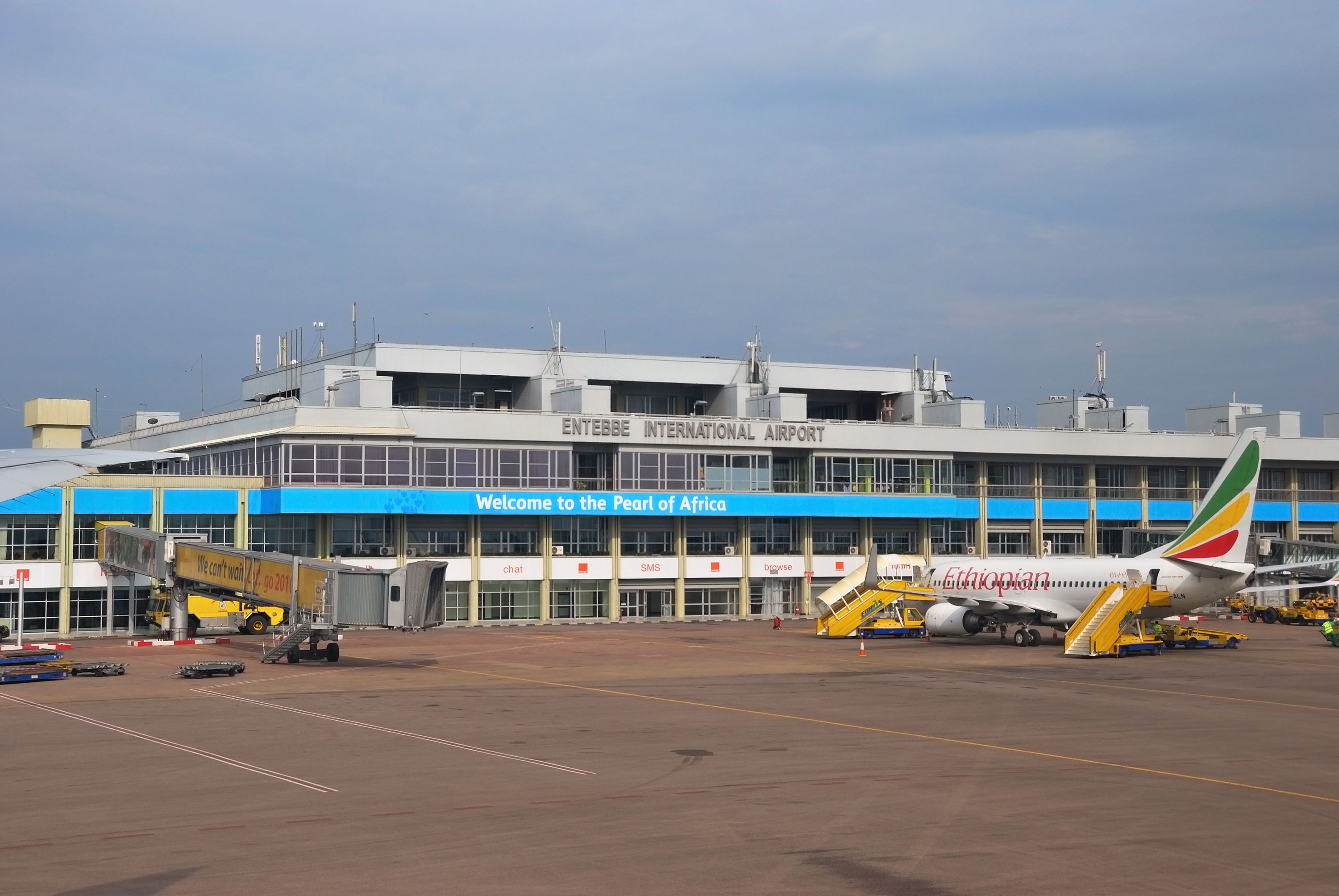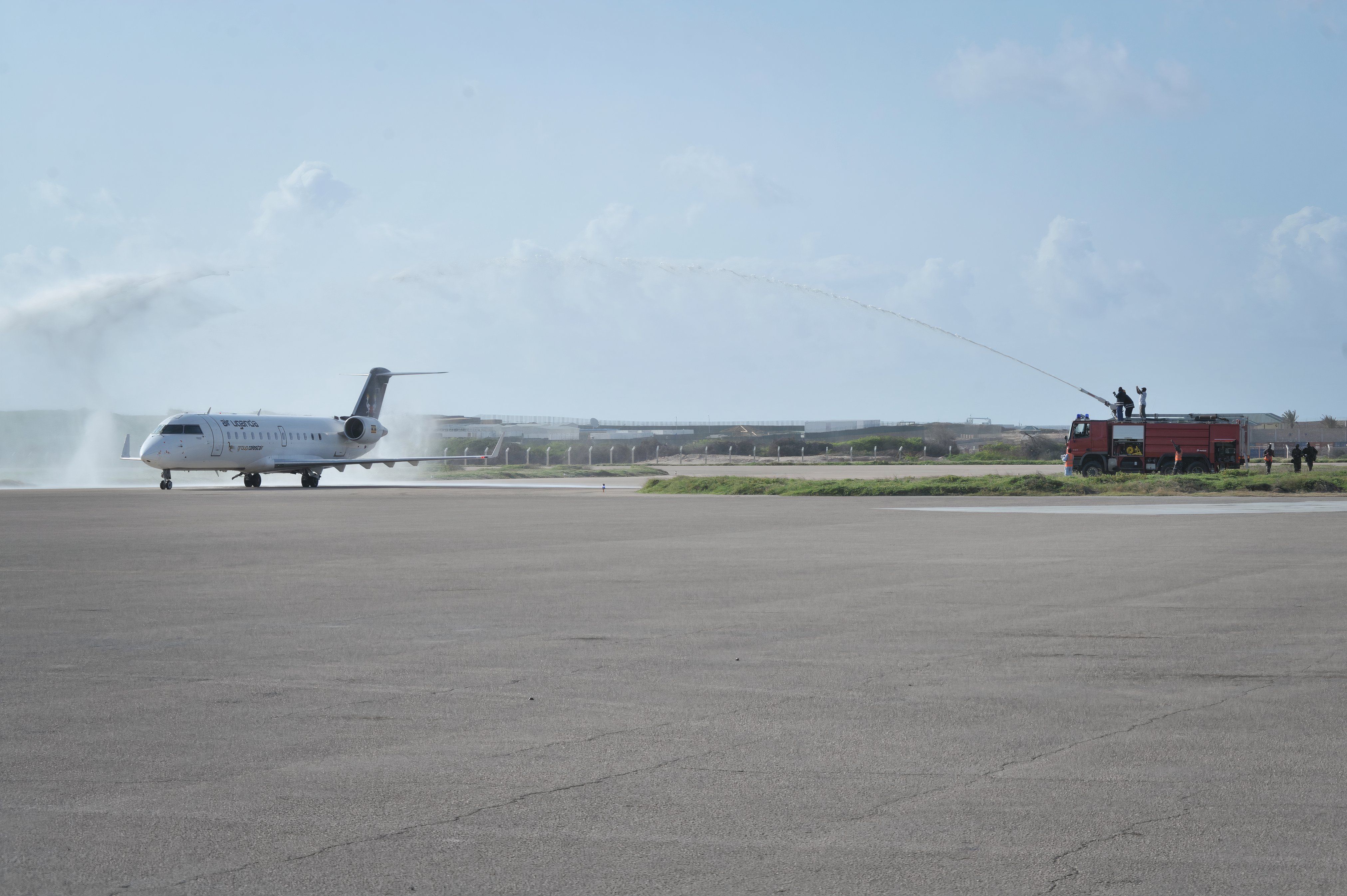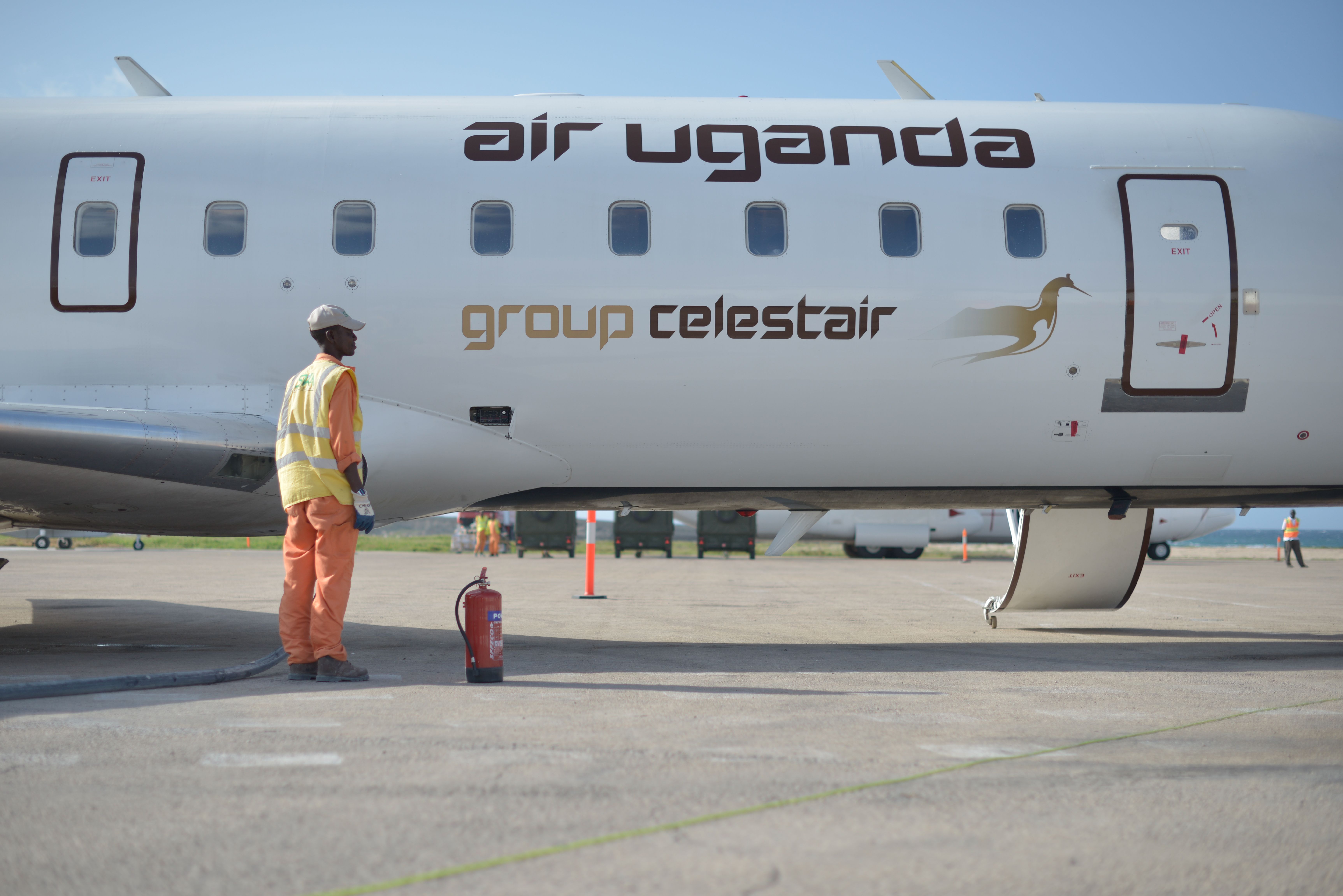[ad_1]
summary
In 2014, Uganda was at risk of failing an ICAO safety audit, so all air operator certificates in the country were suspended. The safety audit led to Air Uganda ceasing operations, creating a huge gap in Uganda's air transport market. The suspension also affected smaller airlines, but ultimately led to the revival of Uganda Airlines. SIMPLEFLYING'S VIDEO OF THE DAY Scroll to continue with content
In June 2014, following a safety audit in Uganda by the International Civil Aviation Organization (ICAO), the Uganda Civil Aviation Authority (UCAA) suspended the Air Operating Certificates (AOC) of all airlines operating international flights. This suspension led to the collapse of Air Uganda, then one of the country's best-known airlines.
Risk of failing an ICAO audit
As a member state of the International Civil Aviation Organisation, Uganda must adhere to all standards and recommended practices set by the UN's specialized agencies. To ensure member states are complying with international standards, ICAO regularly conducts safety audits under the United States Safety Oversight and Audit Programme (USOAP).

Photo: Oleg Znamenskiy | Shutterstock
In 2008, ICAO conducted a safety audit in Uganda and developed a Corrective Action Plan (CAP) to implement recommended improvements to address the audit findings. Another audit was conducted in 2014 to establish the implementation of the agreed corrective action plan, but this audit did not yield positive results for Ugandan operators.
The Uganda CAA suspended all AOCs, from Mission Aviation Fellowship Uganda, which operates Cessna Caravans, to Uganda Air Cargo and Air Uganda, which operate Lockheed L-100-30s and CRJ200s, respectively, due to fears they would fail the airline monitoring portion of the audit. The CAA determined that the airlines could not fail for lack of monitoring if they were not operating. A public hearing was held for relicensing within months, but Air Uganda said it would not resume operations.
 RELATED Key Findings of Boeing's Third Annual Safety Report Boeing released its CASO report detailing its efforts to improve the organization's overall safety.
RELATED Key Findings of Boeing's Third Annual Safety Report Boeing released its CASO report detailing its efforts to improve the organization's overall safety.
Cancellation of Air Operator Certificate
ICAO conducted a three-day audit within the Uganda Civil Aviation Authority, culminating in an audit of international airlines registered in Uganda, including Air Uganda, TransAfric Uganda Ltd and Uganda Air Cargo Ltd. Areas audited within the CAA included:
Previously recommended modifications in corrective action plans CAA Organizational structure Strengthening accident investigations Upgrading air traffic control services Aerodrome Airline operating procedures Aircraft maintenance centres Aviation training institutes
Airlines were required to regularly revise their operational procedure manuals and submit them to the CAA for approval before use. Air Uganda was the first to be audited and the CAA, headed by Sam Muneza, Director of Safety, Security and Economic Regulation, claimed to have found several irregularities, including:
Unauthorised handwritten amendments and revisions Copied pages and changes different from the documents submitted to CAA Superimposed operational procedure manuals with different information than the approvals kept by CAA Loss of original CAA approvals Unprofessionalism and misconduct by Air Uganda Safety employees

The CAA also cited numerous safety incidents involving Air Uganda aircraft that were allegedly not reported to regulators. However, sources within the airline suggested there were documentation discrepancies between the CAA and the airline. Air Uganda CEO Cornwall Muleya accused the CAA of failing to properly submit reports and audits and provide oversight as recommended by the UN specialized agency ICAO.
Air Uganda flights suspended
Air Uganda maintained that it met all necessary international standards, including obtaining the IATA Operational Safety Audit (IOSA) certificate, the industry benchmark for safety audits. The airline alleged that the suspension was due to UCAA's failure to pass an ICAO safety audit in 2014. As a result, Air Uganda was forced to cease all operations. A statement from the airline read:
“The audit revealed deficiencies in the CAA's oversight and regulatory capacity which have clearly impacted the CAA's ability to issue air operator certificates. Unfortunately, on June 17, the Uganda CAA decided to revoke the Air Operator Certificates (AOCs) of all international commercial air operators registered in the country without consulting the affected airlines.”
The airline had a fleet of three CRJ200s and operated international flights to Nairobi, Dar es Salaam, Bujumbura, Kigali, Mogadishu, Kilimanjaro, Mombasa and Juba. As a result of the grounding, all aircraft were returned to European leasing companies. Air Uganda was established in 2007 as part of the Aga Khan Fund for Economic Development (AKFED), which also manages Air Mali and Air Burkina.

The airline was asked to apply for recertification at a public hearing on June 27, 2014, but Air Uganda had no interest in returning to Ugandan skies. An airline spokesperson told TNW that shareholder AKFED was “fed up with African politics.” The suspension of AOC was causing the airline huge daily financial losses and damaging its reputation.
Impact of AOC's suspension
Since the collapse of Uganda Airlines in 2001, Air Uganda has been widely recognised as the national airline of the Republic of Uganda. The national airline was finally revived in 2019 but still faces several challenges, including political involvement, challenges faced by many African airlines. Many airlines were affected by the suspension of the AOC following a safety audit, but this was more about the CAA's oversight than the airline's operations.
Apart from Air Uganda, many other smaller airlines operating domestic and international routes were affected. The suspension of operations also prevented Mission Aviation Fellowship, which provides humanitarian aid in South Sudan and the surrounding region, from operating these flights, putting the lives of missionaries and aid workers at risk. Unfortunately, the choice made by UCAA authorities to protect jobs has had serious repercussions for Uganda's air transport sector.

But not everyone lost: after Air Uganda's routes were discontinued, Ethiopian Airlines and RwandaAir were granted fifth freedom rights from Entebbe to Nairobi and Juba respectively, and Kenya Airways nearly tripled airfares between Entebbe and Nairobi. Air Uganda's demise also paved the way for the resurrection of Uganda Airlines, which now has a fleet of two Airbus A330-800s, four CRJ900LRs and the world's second-oldest operational Airbus A320 on wet lease.
What do you think about this story? Let us know in the comments section.
[ad_2]
Source link
